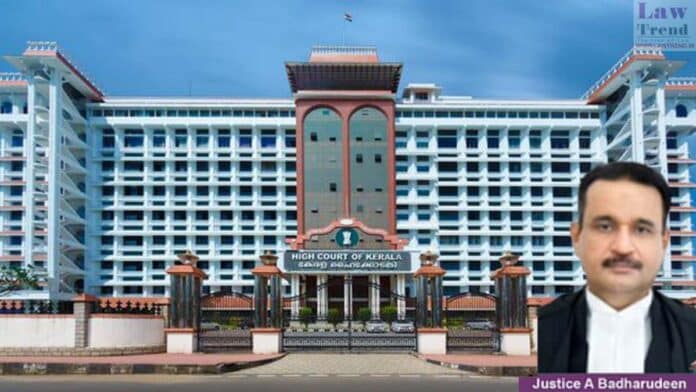In a landmark judgment addressing the balance between school discipline and criminal liability, the Kerala High Court has quashed criminal proceedings against a teacher accused of assaulting a student under the Juvenile Justice (Care and Protection of Children) Act, 2015 (JJ Act). Justice A. Badharudeen, presiding over CRL.MC No. 6527 of 2024, ruled that the
To Read More Please Subscribe to VIP Membership for Unlimited Access to All the Articles, Download Available Copies of Judgments/Order, Acess to Central/State Bare Acts, Advertisement Free Content, Access to More than 4000 Legal Drafts( Readymade Editable Formats of Suits, Petitions, Writs, Legal Notices, Divorce Petitions, 138 Notices, Bail Applications etc.) in Hindi and English.




